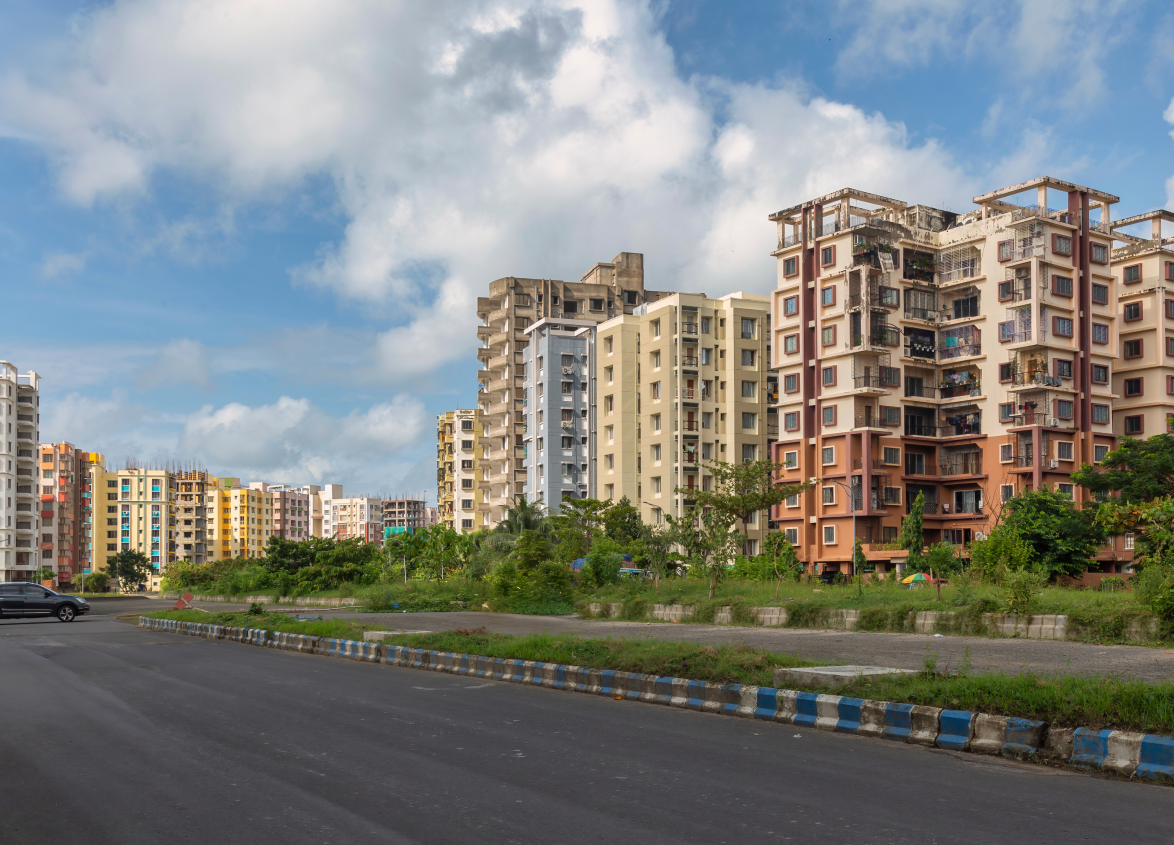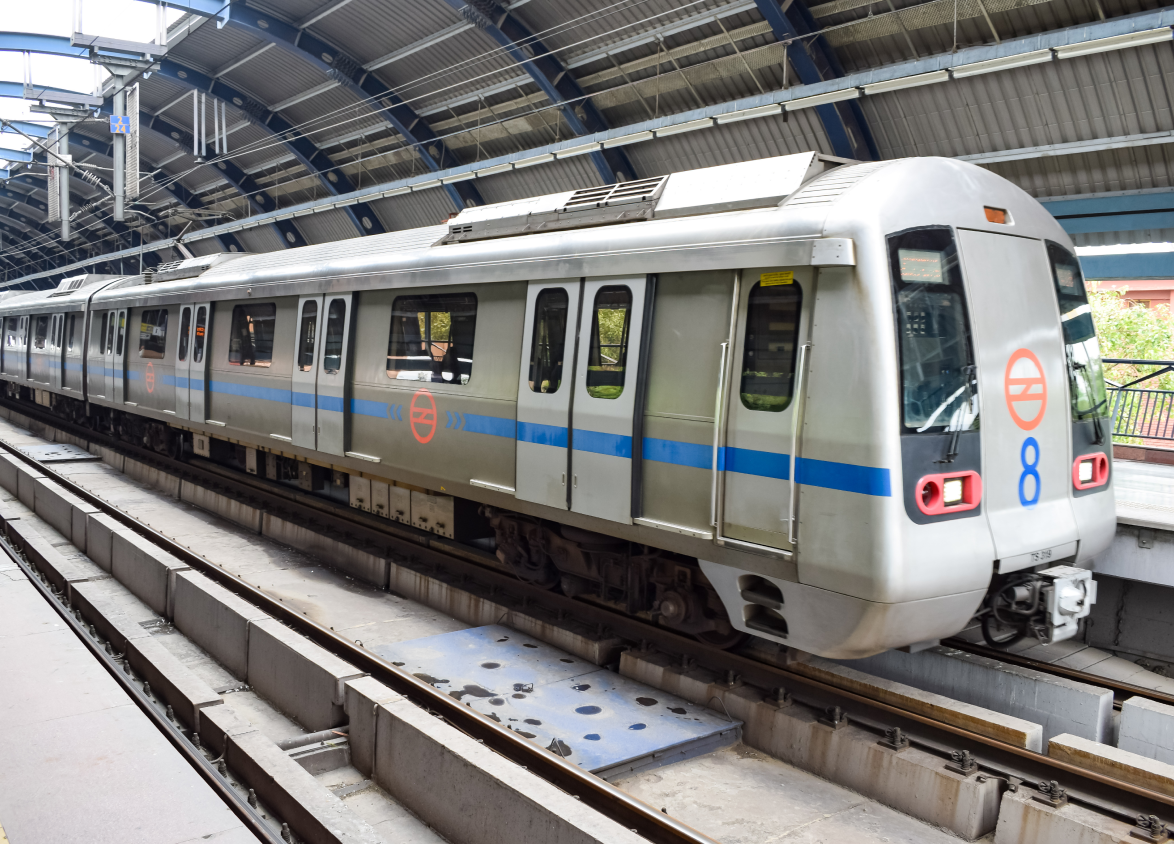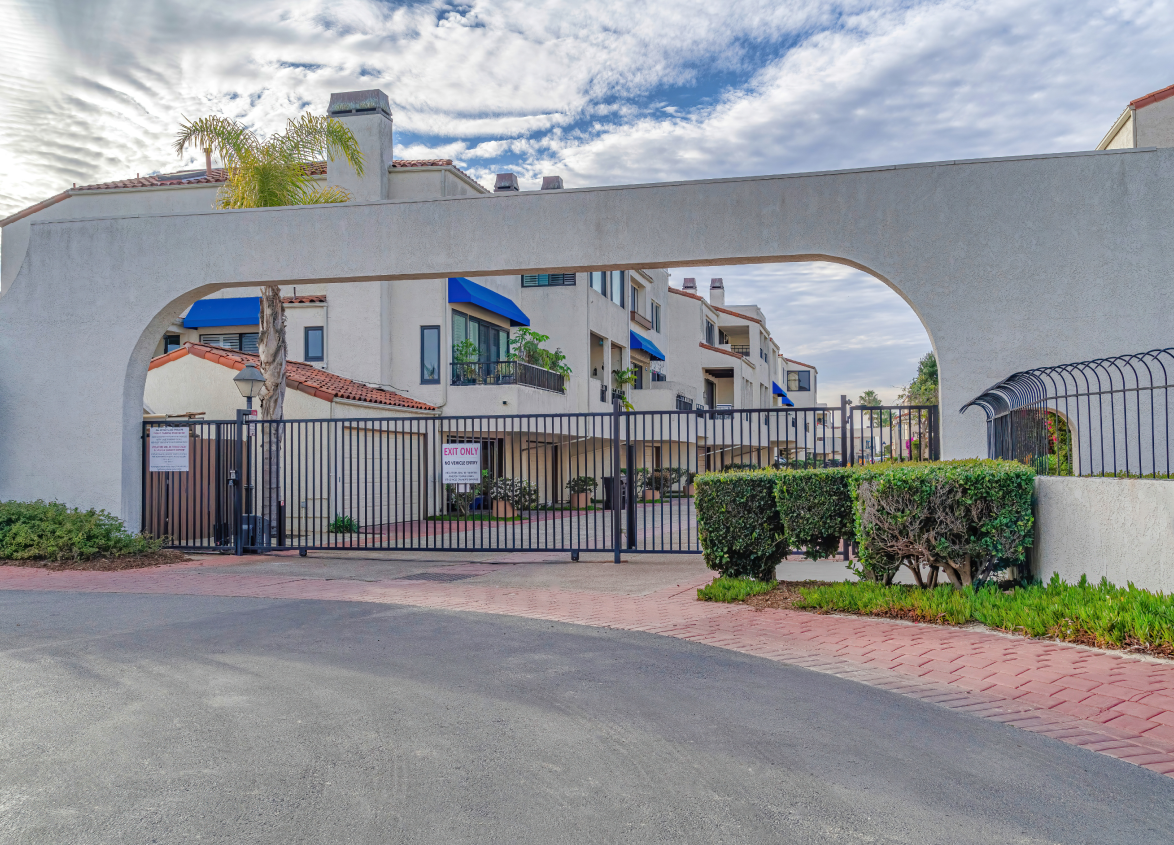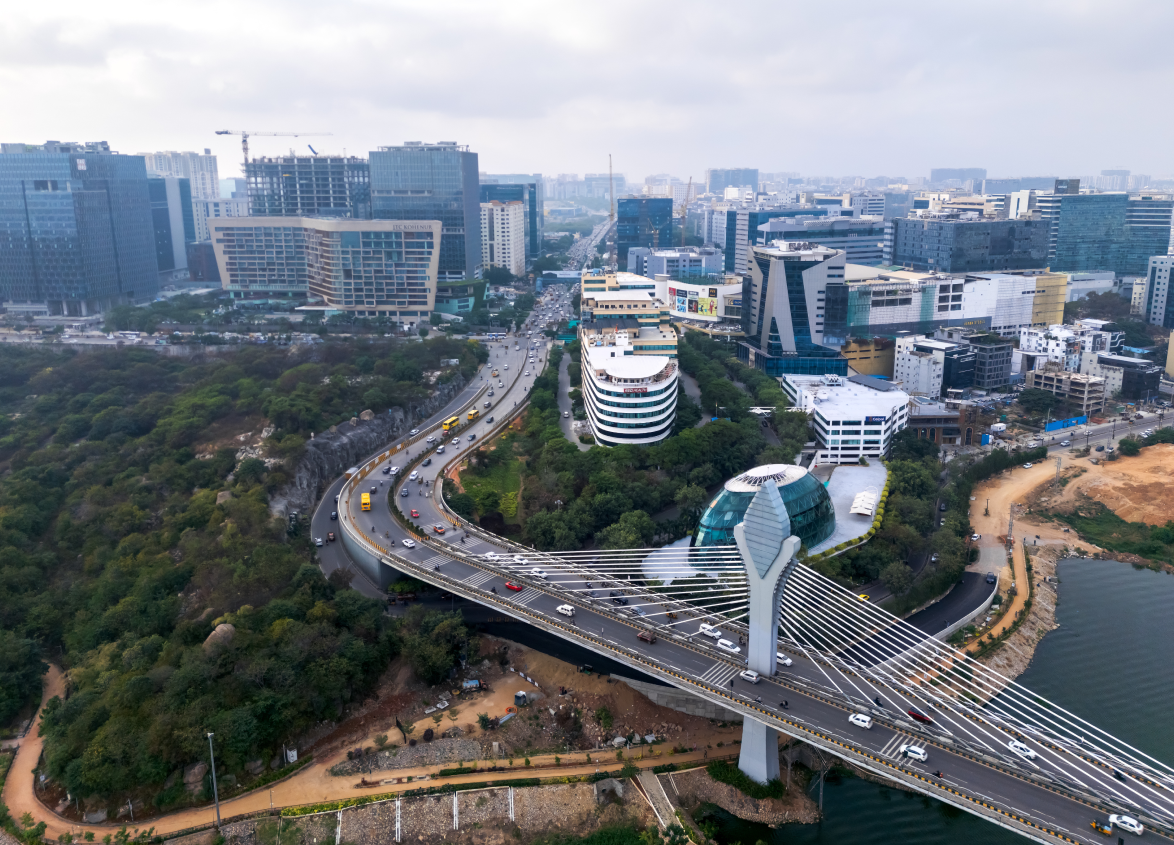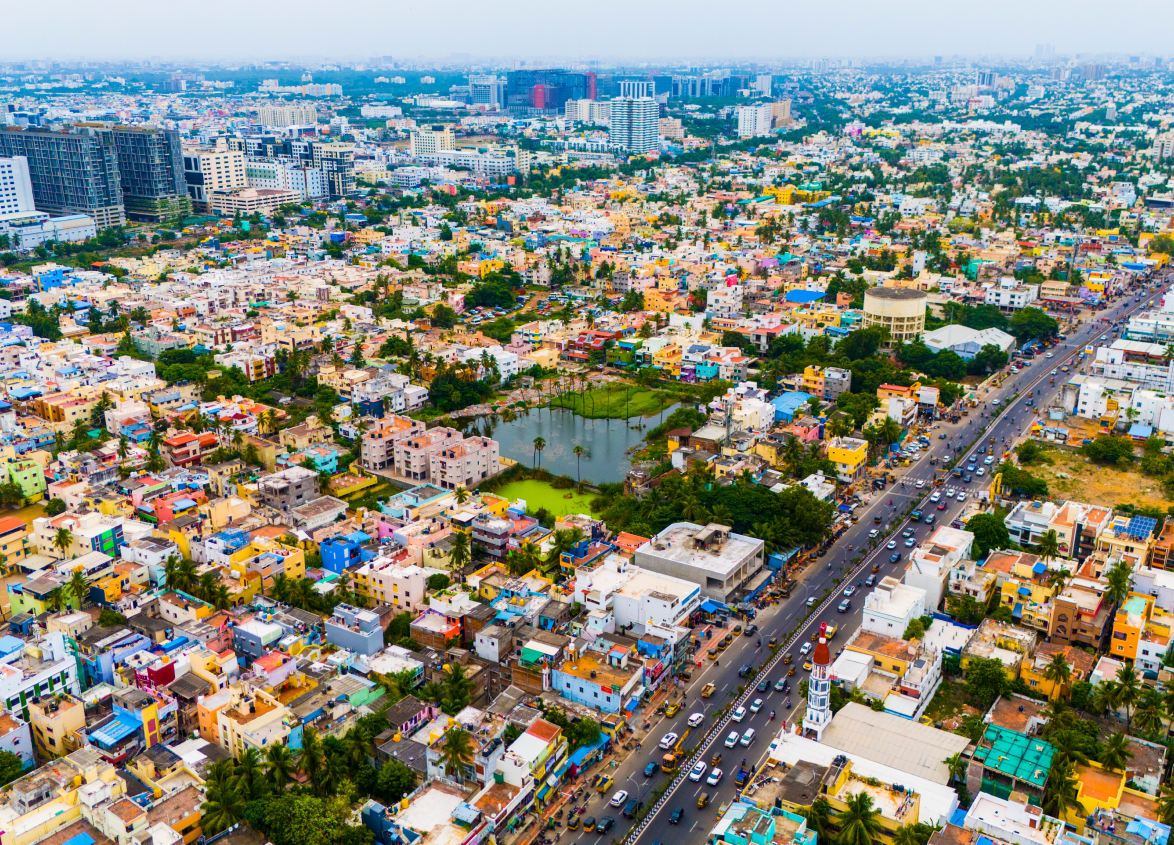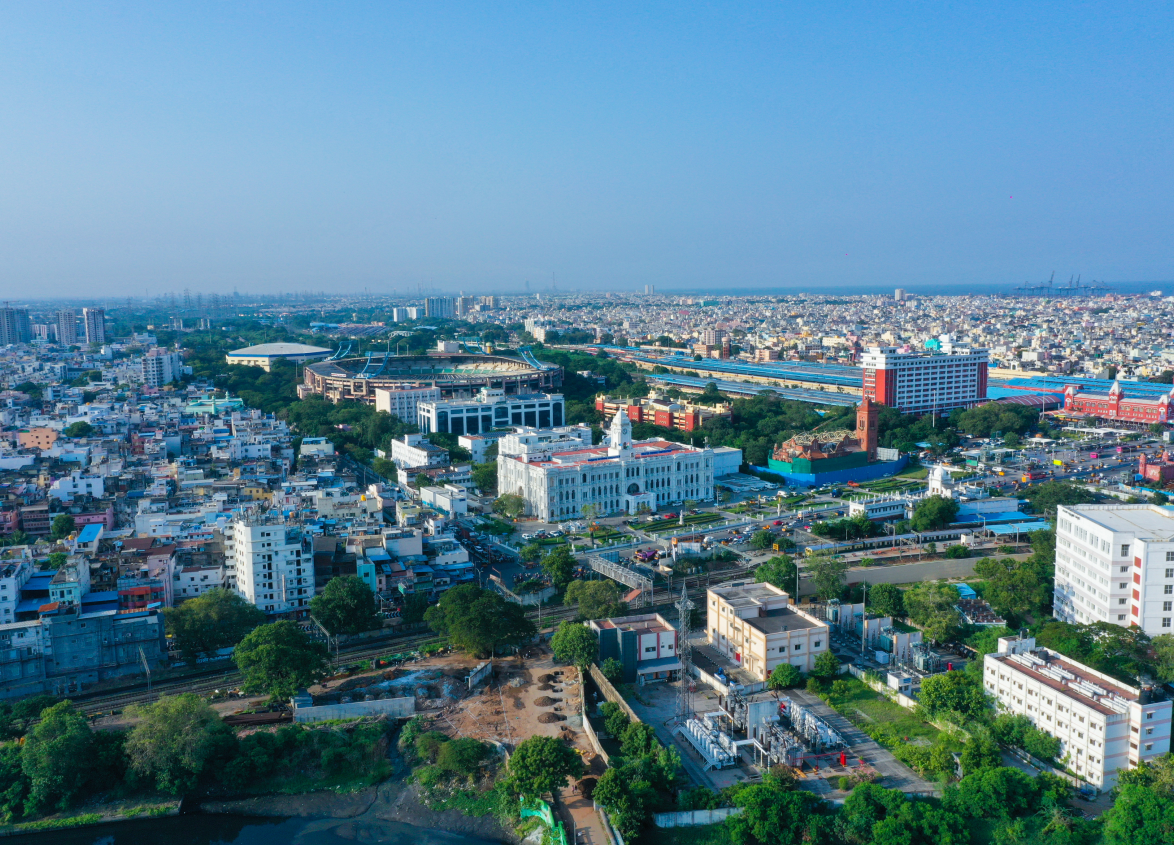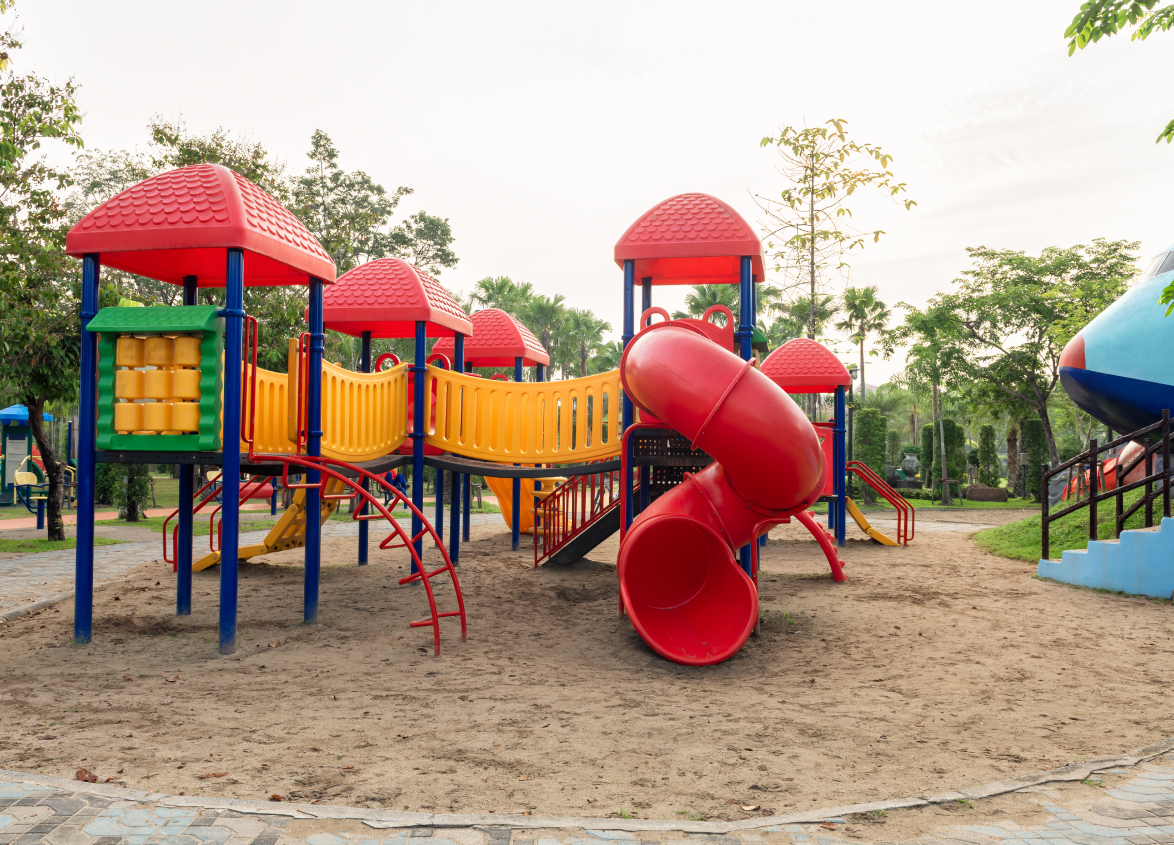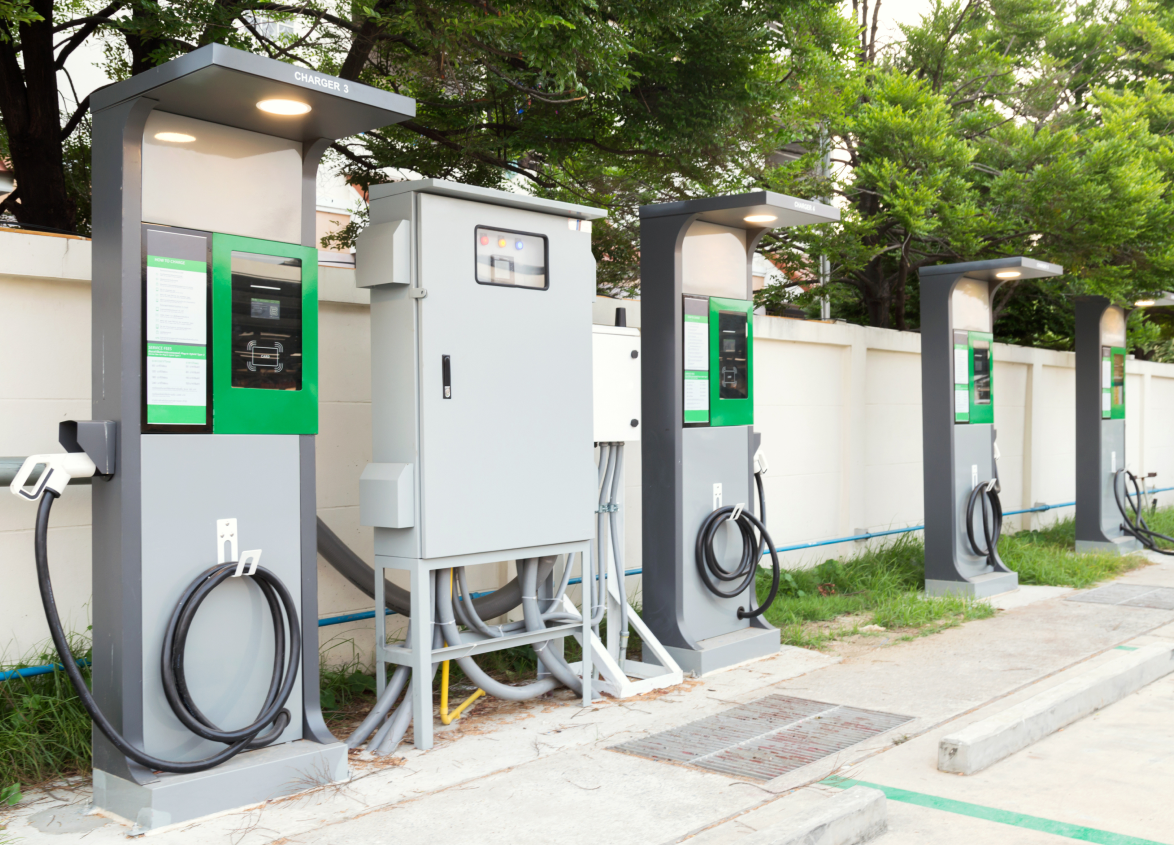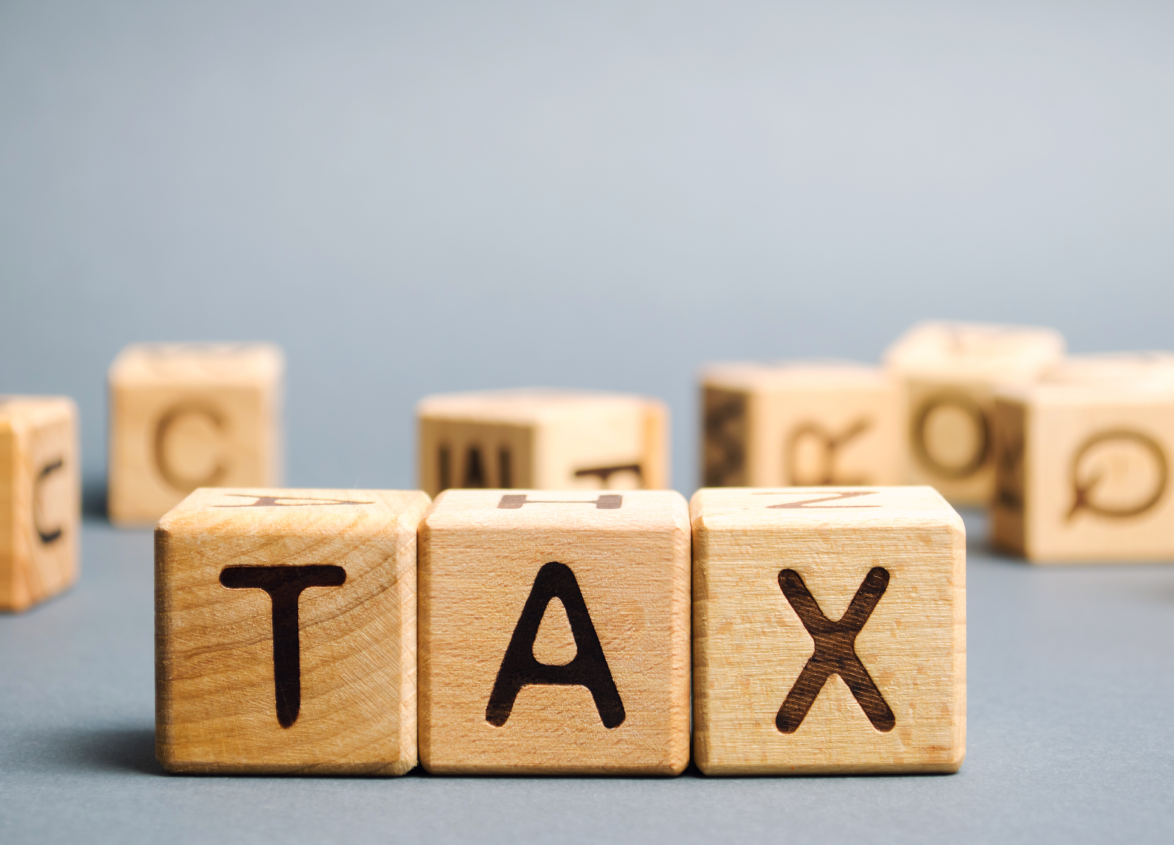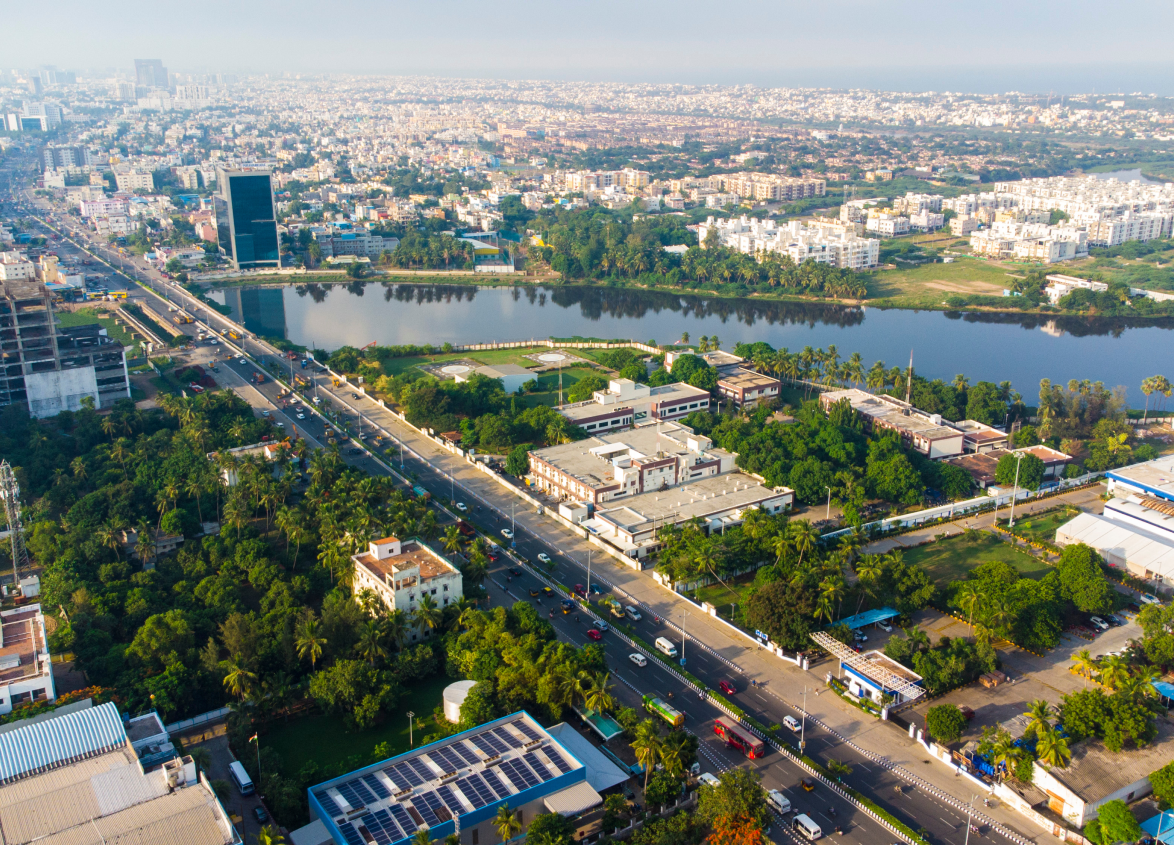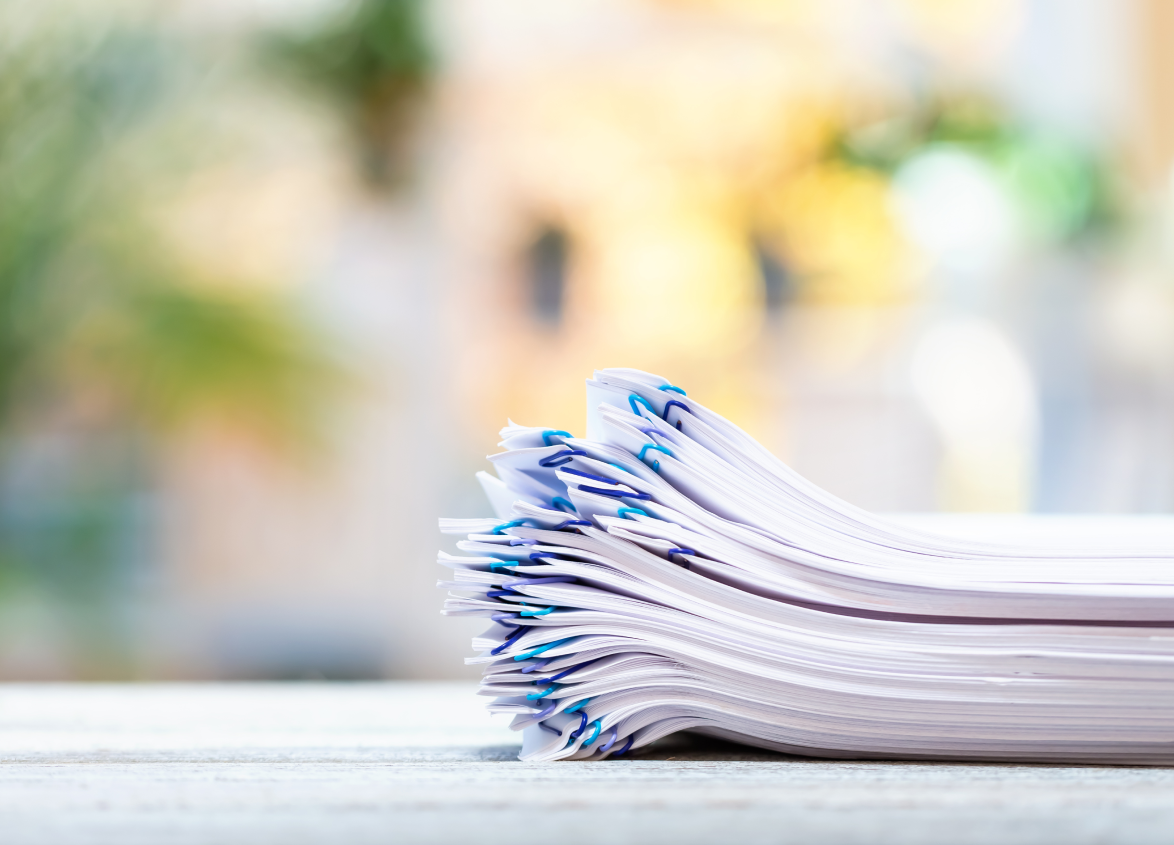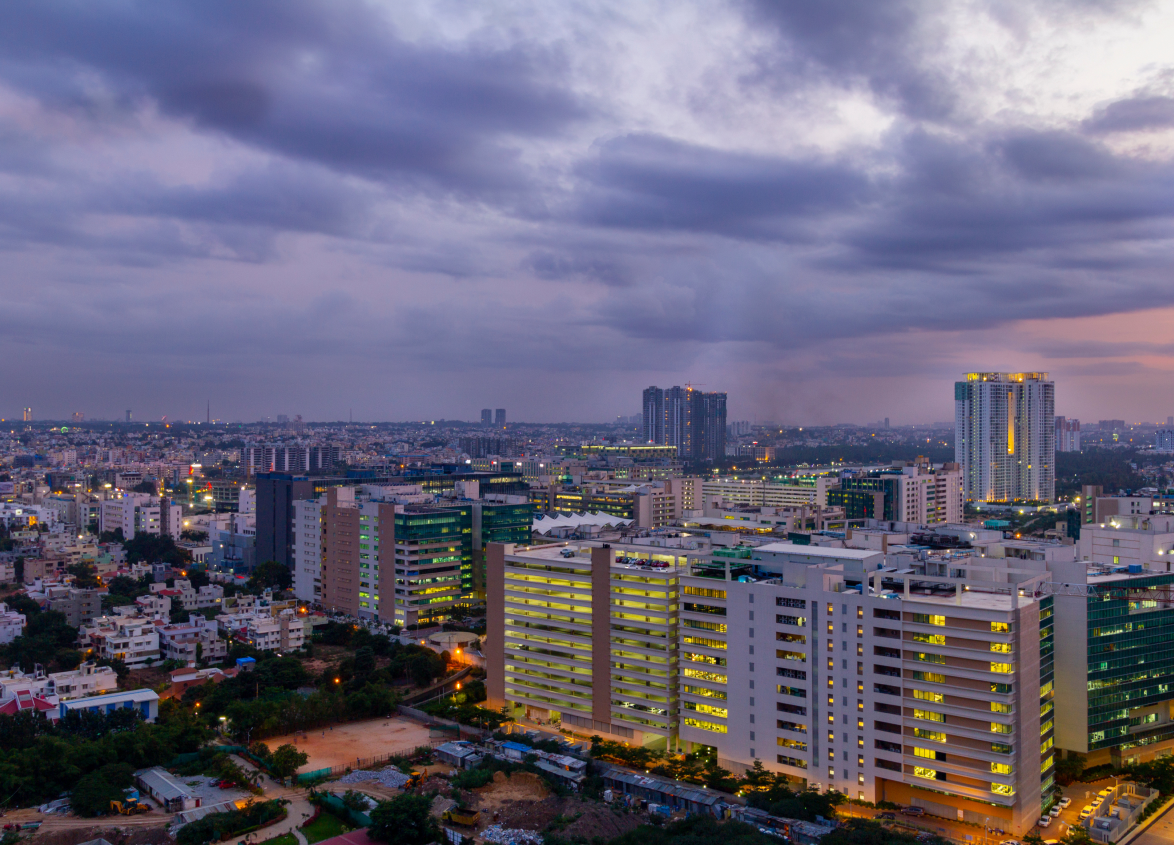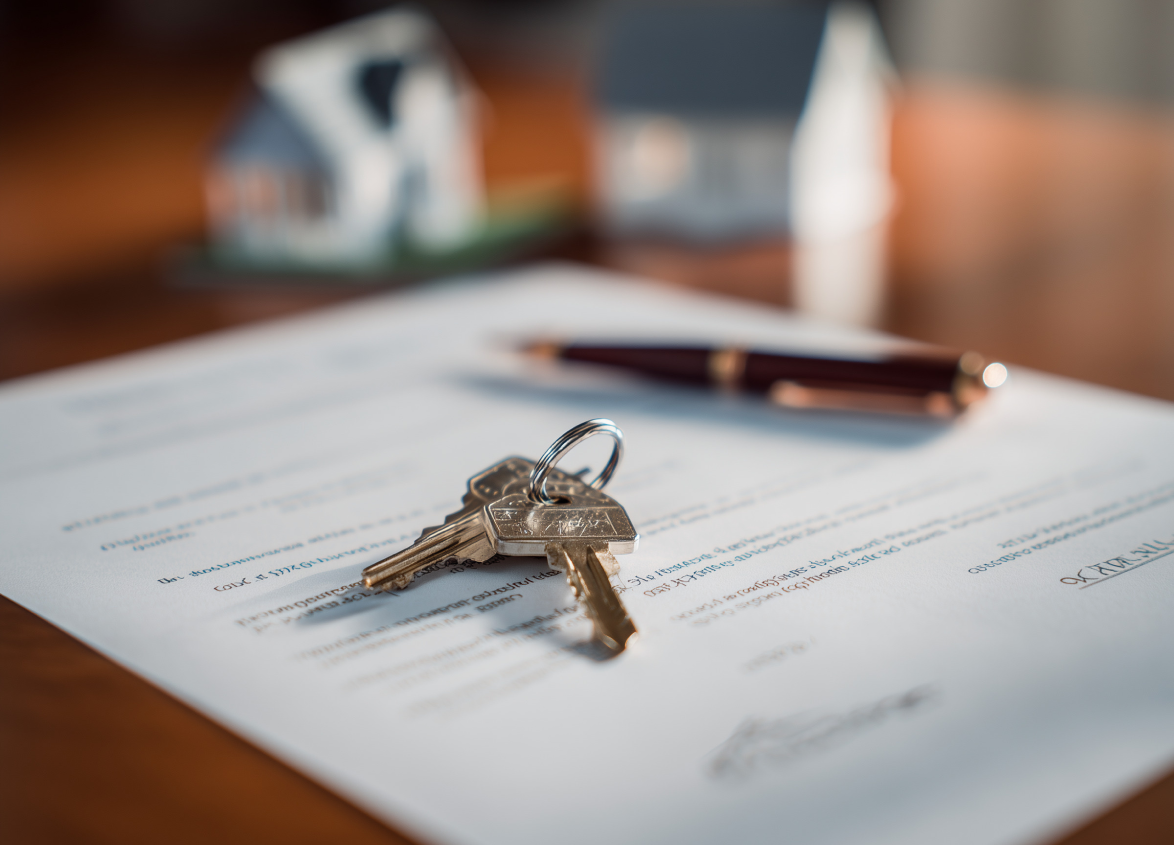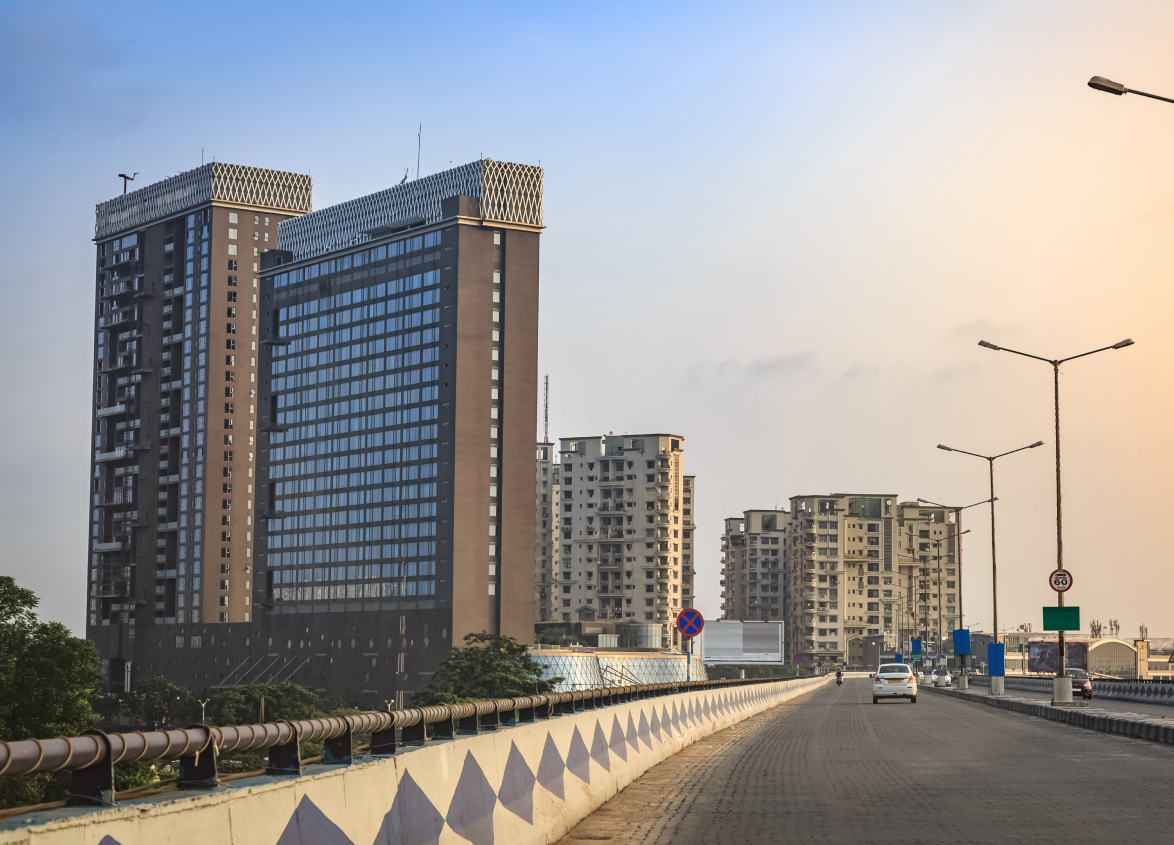
Residential
What is the Force Majeure Clause in RERA?
August 28, 2025
In the world of real estate transactions, especially in the context of property development, there are several factors that can delay or prevent the completion of projects. This is where the Force Majeure Clause comes into play. The Force Majeure Clause in the Real Estate (Regulation and Development) Act, 2016, also known as RERA, is a legal provision that offers protection to developers when unforeseen events or circumstances beyond their control delay or prevent the completion of a real estate project.
The clause is designed to safeguard developers from being held liable for delays caused by factors they could not foresee or control, such as natural disasters or government-imposed restrictions. However, it is crucial for homebuyers to understand the specific events that qualify as Force Majeure in real estate and the rights they have when such events are invoked by developers.
Under RERA, the Force Majeure Clause is an important aspect of construction and delivery timelines. This legal safeguard ensures that neither party (developer or homebuyer) faces undue hardship for circumstances that neither can influence or predict. But, it's essential for both buyers and builders to understand the specific conditions under which this clause can be invoked.
What Qualifies as a Legitimate Force Majeure Event?
For a developer to invoke the Force Majeure clause in RERA, the event must be legitimate and out of the developer’s control. RERA outlines certain criteria for what qualifies as a Force Majeure event. These events generally fall under circumstances that are external, unavoidable and beyond the reasonable control of the developer.
Common examples include:
- Natural disasters like earthquakes, floods, hurricanes or landslides.
- War, civil unrest or political instability in the region.
- Pandemics such as COVID-19, which disrupt normal business operations.
- Government lockdowns or restrictions that prevent the continuation of construction activities.
These events must not be anticipated or prevented with the exercise of due diligence. For example, if a construction site is shut down due to an unexpected government lockdown or a natural disaster strikes, these circumstances would typically be considered valid under the Force Majeure in RERA.
On the other hand, not all delays are eligible to be categorized as Force Majeure events. Developers must prove that the event truly meets the criteria set forth under RERA.
Valid vs. Invalid Force Majeure Events
The table below highlights the difference between valid and invalid Force Majeure events as per RERA.
| Valid Force Majeure Events | Invalid Force Majeure Events |
|---|---|
| Natural disasters (e.g., earthquakes, floods, and cyclones) | Financial problems or lack of funds |
| War, terrorism or civil unrest | Labour shortages or strikes not linked to external factors |
| Pandemics (e.g., COVID-19) | Fluctuations in the prices of materials |
| Government lockdowns or restrictions | Poor project management or lack of planning |
| Fire, explosions or other accidental damage | Delay due to internal company issues or mismanagement |
Valid events: These events are typically considered beyond the developer’s control. They are unpredictable and developers cannot avoid or mitigate them.
Invalid events: These situations stem from poor planning, financial mismanagement or issues that can be mitigated by the developer. These cannot be claimed under Force Majeure.
The Force Majeure clause is specifically designed to shield developers from external, uncontrollable circumstances. However, it does not protect them from issues like poor financial planning or inadequate project management.
How Does a Developer Invoke Force Majeure?
In order to invoke the Force Majeure clause in RERA, the developer must follow a set procedure to ensure transparency and maintain trust with the homebuyers. Here’s how the process typically works:
1. Notification to Homebuyers
The developer must inform the homebuyers about the Force Majeure event as soon as it occurs. This includes providing a detailed explanation of the event and how it is impacting the project timeline. The notification should also include a revised completion date, if possible.
2. Evidence and Documentation
The developer must provide valid documentation to support their claim. For instance, if the event is a government lockdown, the developer must provide official government orders. In case of natural disasters, photos, news reports or government notices may be required.
3. Revised Timeline
After invoking the Force Majeure clause, the developer is responsible for providing a revised timeline for the completion of the project. This timeline will be based on the circumstances of the Force Majeure event and the extent of its impact on the construction schedule.
4. RERA Approval
If the Force Majeure event is legitimate, developers must get approval from RERA to extend the project’s completion date. RERA will examine the event and the documentation provided by the developer to assess whether the event qualifies as Force Majeure. Upon approval, the completion date is extended.
5. Communication with Homebuyers
The developer must maintain regular communication with homebuyers throughout the delay, keeping them updated on any progress and changes to the revised completion date.
Developers must not arbitrarily invoke this clause without valid reason or documentation. Homebuyers have the right to challenge any claim that seems unjustified or improperly invoked.
A Homebuyer's Rights and What to Do
While the Force Majeure clause in RERA protects developers, it also ensures that homebuyers are not left in the dark. Homebuyers have certain rights under RERA when a Force Majeure event delays a project. Here’s what you can do as a homebuyer if a developer invokes this clause:
1. Request for Documentation
If the developer claims that a Force Majeure event has occurred, request official documentation to validate the claim. For instance, in the case of a pandemic, ask for government notifications or news reports. If the delay is due to a natural disaster, request proof of the event, such as weather reports or emergency declarations.
2. Know Your Rights
Under RERA, developers are required to complete the project within a specified period. If the delay caused by a Force Majeure event is extended for an unreasonable period, homebuyers are entitled to seek compensation or request a refund if the delay is excessive.
3. Legal Recourse
If you believe that the Force Majeure clause is being wrongly invoked or that the delay is unjustified, you can approach RERA or consumer courts for legal recourse. RERA is equipped to handle complaints regarding project delays and will investigate whether the developer’s actions are in line with the law.
4. Track the Project Progress
Keep track of the project’s progress. Regularly check with the developer about updates and ask for revised completion timelines. If the developer fails to provide you with this information, escalate the matter to RERA.
How the Pandemic Was a Force Majeure Event
The COVID-19 pandemic is a prime example of a Force Majeure event in the real estate sector. The nationwide lockdown imposed by the Indian government in March 2020 brought construction activities to a halt, making it impossible for developers to adhere to their original project timelines. Under RERA, the pandemic was categorised as a legitimate Force Majeure event as it was unforeseeable and beyond the control of developers.
During this period, developers across the country invoked the Force Majeure clause to delay the completion of their projects. While this was a valid claim for most, homebuyers had to ensure that developers provided proper documentation of the event and informed them about the revised timelines. In cases where developers failed to do so, homebuyers sought legal intervention through RERA.
FAQs
Q1. Can a builder arbitrarily invoke the Force Majeure clause?
No, a builder cannot arbitrarily invoke the Force Majeure clause in RERA. The event must be legitimate and beyond their control. Developers must provide supporting documentation and evidence for the event. Homebuyers have the right to challenge any baseless claims.
Q2. What should I do if my builder claims Force Majeure but doesn't provide proof?
If the developer claims Force Majeure but fails to provide proper documentation, you should request written proof of the event. If the builder does not provide satisfactory evidence, you can approach RERA or a consumer court to file a complaint.
Q3. Can I get my money back if my project is delayed due to Force Majeure?
If your project is delayed due to a Force Majeure event, you may be entitled to a refund under certain conditions. If the delay extends beyond a reasonable period or violates the terms of the agreement, you can seek compensation or a refund from the developer or through RERA.
Q4. Does Force Majeure affect the Completion Certificate (CC)?
Yes, the Completion Certificate (CC) may be affected by Force Majeure events. If the developer has invoked the Force Majeure clause, it may delay the issuance of the CC. However, the developer is still required to provide a revised timeline and complete the project as soon as feasible.
MUST READ
Looking for something specific?
We'd be delighted to help you.







